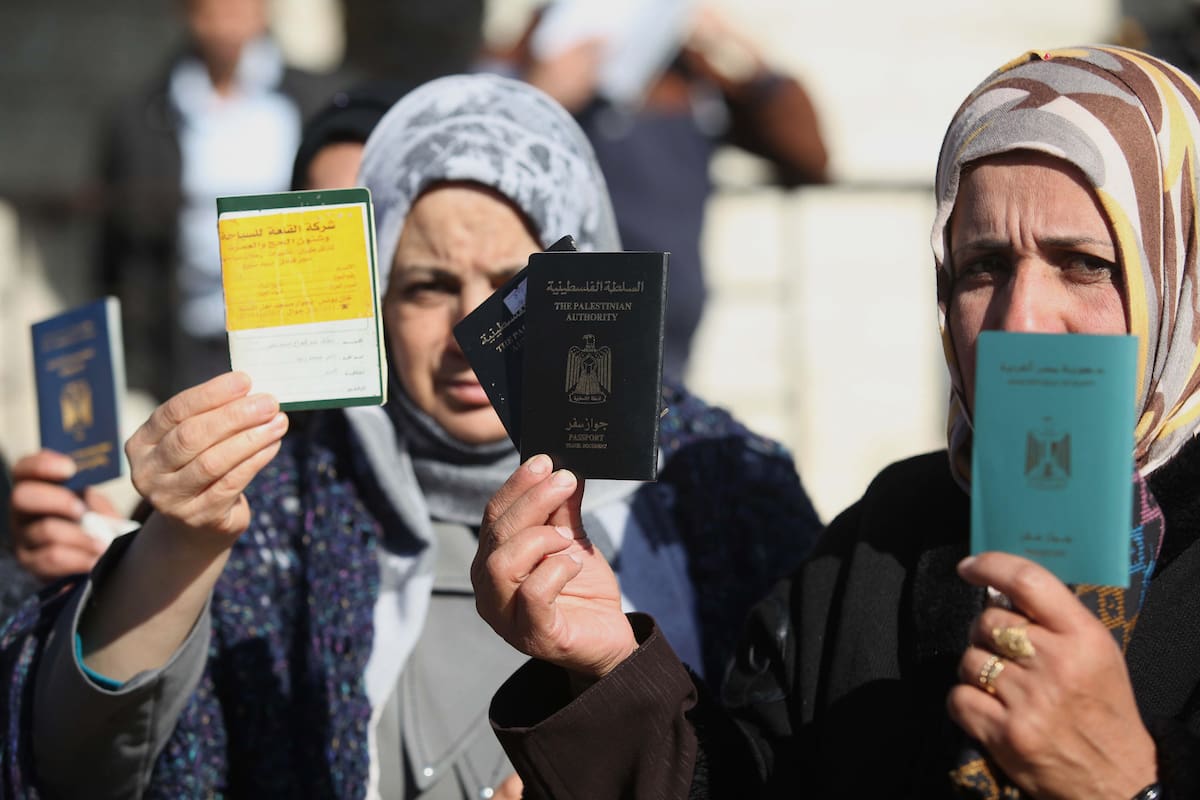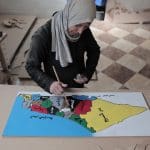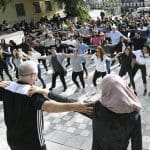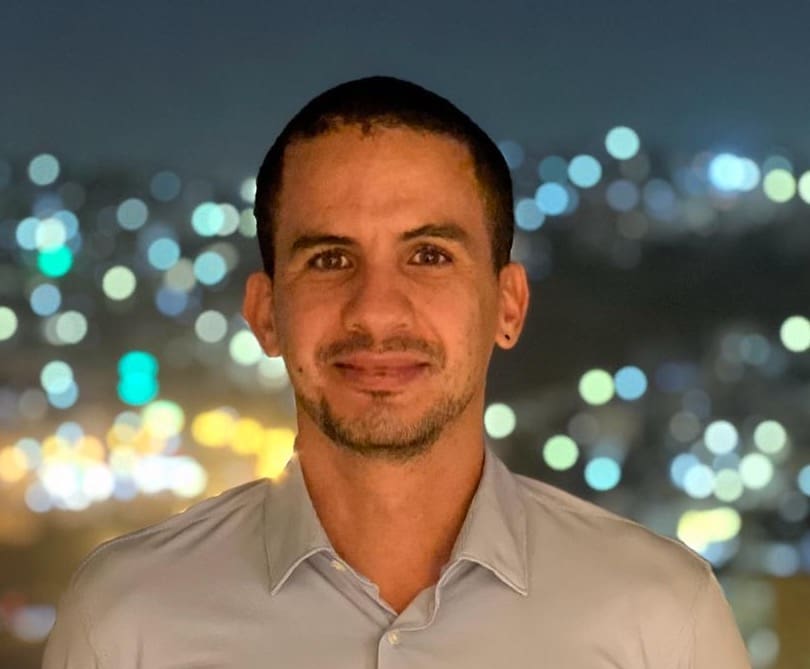
The Israeli regime subjects Palestinians across colonized Palestine to an intricate system of demographic control. Through its strategic fragmentation of the Palestinian people and a body of apartheid laws, Israel continually revokes Palestinians’ residency rights, denies them family unification across the Green Line and beyond, strips them of Israeli citizenship, and secures their deportation.
How has Israel engineered and implemented these policies? What are their implications for the Palestinian people? How can they be challenged?
Rabea Eghbariah is an attorney completing his doctoral studies at Harvard Law School. He worked as an appellate public defender and later joined the Haifa-based...
Nadim Bawalsa is Associate Editor with the Journal of Palestine Studies. From 2020-2023, Nadim served as Al-Shabaka’s commissioning editor. He is a historian of modern...
Al-Shabaka policy member Nada Awad holds a master’s degree in International Relations and International Security from Sciences Pro Paris. She works on human rights violations...















